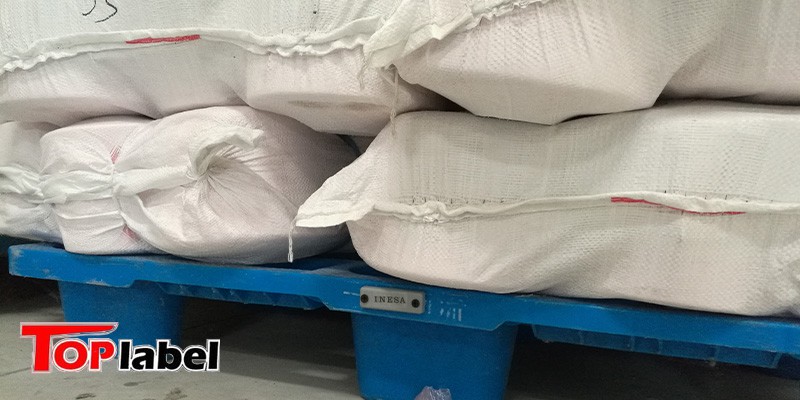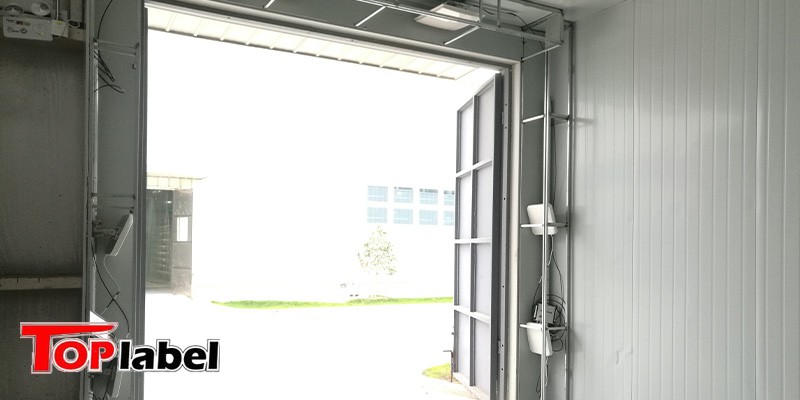With the increasing level of automation and informatization in industrial production processes,Mechanical equipment has taken over a large amount of mechanized work. This has led to a significant increase in industrial production capacity, but behind the improvement lies more issues such as information collection, cross platform interaction, and processing.
In the traditional intelligent production process, firstly, the business system puts forward the requirements, secondly, the Manufacturing execution system is responsible for the execution, monitoring and management of production, and finally, the warehousing system collects and stores goods and issues goods with orders. The biggest problem with each system performing its own duties during lengthy processes is the inability to detect timely cross system situations, mainly due to a lack of proactive identification of materials during lengthy processes. Ordinary solutions such as generating barcode labels in the system and scanning them for recognition during lengthy processes often result in unexpected results due to objective factors such as the environment, which can easily lead to greater system risks.

RFID is a non-contact automatic recognition technology achieved through radio frequency communication, which has the advantages of adjustable recognition distance, fast recognition speed, strong anti-interference ability, and simultaneous recognition of multiple targets RFID tags also have the advantages of waterproofing, antimagnetism, high temperature resistance, long service life, original reading distance, encrypted label data, large storage capacity, and personalized storage information that barcode tags do not have RFID intelligent manufacturing aims to add automatic perception capability in lengthy processes to identify and control the flow of a single material. Management personnel only need to view it on the monitoring platform, and the identification results are automatically sent across systems for supervision, making it more possible for black light factories.



The advantages of RFID technology in intelligent manufacturing:
1、Automatic collection, RFID collection process does not require manual intervention, and the collection rate can reach 100%.
2、Ultra high efficiency, RFID has millisecond level recognition ability, greatly improving collection speed and efficiency.
3、High compatibility, adding RFID acquisition equipment will not change the original production and manufacturing equipment.
4、High environmental compatibility, RFID tags can be applied in harsh production environments, such as ultra-high and low temperatures.
The core of implementing new intelligent manufacturing is data and integration, with precise basic data and deep interaction integration between various information systems. The effective combination of RFID technology and intelligent manufacturing can to some extent bridge the "information gap" between multiple systems, timely grasp cross system data. Achieve transparent management of the entire ordering and sales process, and improve manufacturing efficiency, quality, and enterprise management level.
Consultation Hotline
021-5018 3005Service Phone
